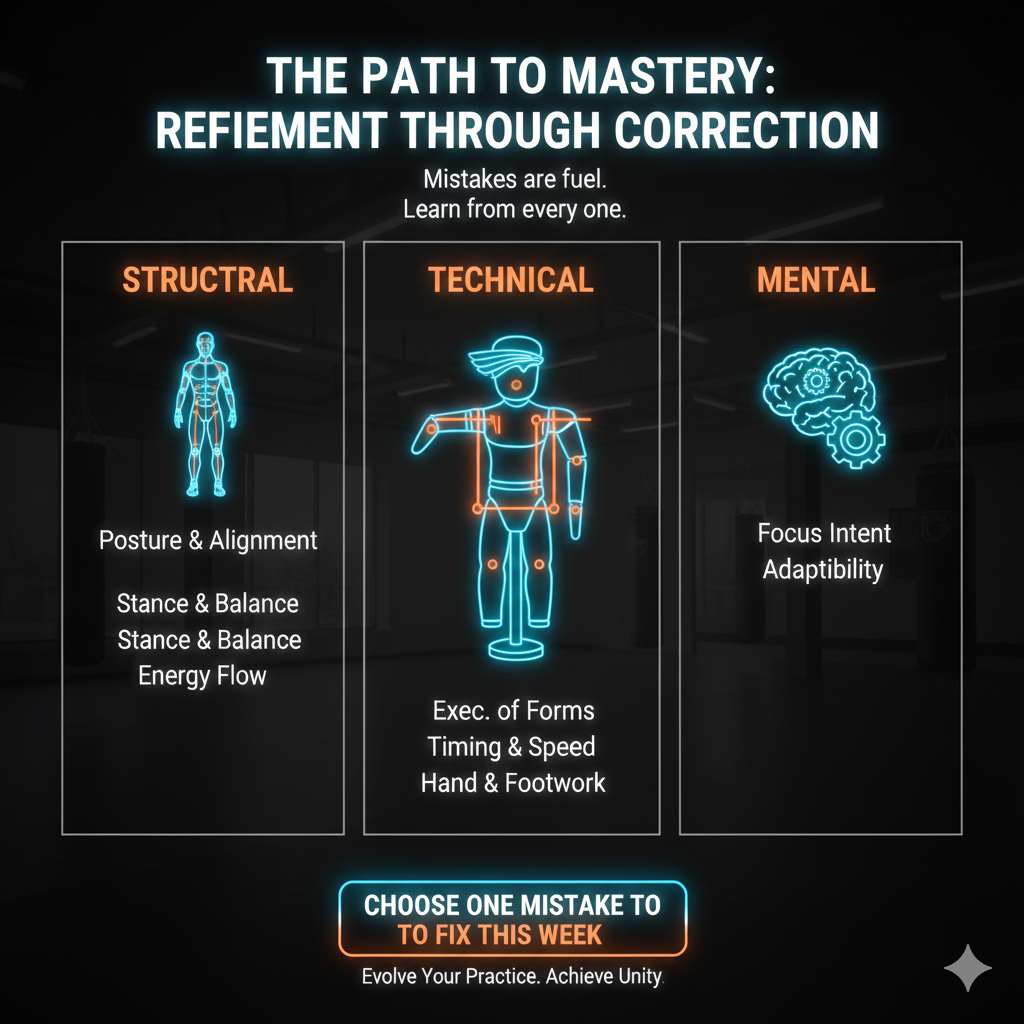Wing Chun is a traditional Chinese martial art that emphasizes efficiency, practicality, and effectiveness in self-defense.
While the physical techniques and movements of Wing Chun are important, understanding the principles and philosophy behind this martial art is equally essential.
In this article, we will delve into the key concepts that form the foundation of Wing Chun and provide guidance on how to study and apply them.
Understanding the Core Principles
1. Simplicity: Wing Chun values
Simplicity in its techniques and strategies.
The art aims to minimize unnecessary movements and focus on direct, efficient actions.
By eliminating unnecessary complexity, practitioners can respond quickly and effectively in combat situations.
2. Centerline Theory:
The centerline is an imaginary line that runs vertically down the center of the body.
Wing Chun practitioners aim to control and dominate this line, using it as a reference point for attack and defense.
By maintaining control of the centerline, practitioners can effectively neutralize their opponent’s attacks while simultaneously launching their own.
3. Economy of Motion:
Wing Chun emphasizes the use of the shortest and most direct path to achieve a desired outcome.
Practitioners strive to conserve energy and avoid unnecessary movements.
By focusing on economy of motion, Wing Chun practitioners can generate power and speed while maintaining balance and stability.
Studying the Philosophy
Another play list you will like from YouTube.
1. Mindfulness and Awareness:
Wing Chun philosophy emphasizes the importance of being fully present in the moment.
Practitioners are encouraged to develop a high level of mindfulness and awareness, both in training and in daily life.
By cultivating this state of mind, practitioners can better anticipate and respond to potential threats.
2. Adaptability
Wing Chun philosophy recognizes the ever-changing nature of combat.
Practitioners are taught to adapt and flow with the situation, rather than rigidly adhering to fixed techniques.
This adaptability allows practitioners to respond effectively to different opponents and varying circumstances.
3. Continuous Learning
Wing Chun is a lifelong journey of self-improvement.

Practitioners are encouraged to approach their training with an open mind and a willingness to learn from every experience.
Whether it’s attending regular classes, seeking guidance from experienced instructors, or studying the writings of Wing Chun masters, continuous learning is a fundamental aspect of the philosophy.
Practical Tips for Studying Wing Chun Principles
1. Find a Qualified Instructor
To truly understand and apply the principles of Wing Chun, it is crucial to learn from a qualified instructor.
Look for an experienced practitioner who can guide you through the various techniques and help you develop a solid foundation in the art.
2. Practice Regularly
Consistency is key when studying Wing Chun. Set aside dedicated time for practice and make it a regular part of your routine.
Practicing the techniques and principles regularly will help you develop muscle memory and improve your overall skill level.
3. Focus on Fundamentals
Mastering the fundamentals is essential in Wing Chun.
Spend ample time practicing the basic techniques, footwork, and forms.
By building a strong foundation, you will be better equipped to understand and apply the principles of Wing Chun.
4. Apply the Principles in Sparring:
Sparring is a crucial component of Wing Chun training.
As you progress, try to apply the principles you have learned in controlled sparring sessions.
This will help you develop your timing, reflexes, and ability to adapt to different opponents.
5. Study the History and Philosophy
In addition to physical training, delve into the history and philosophy of Wing Chun.
Read books, watch documentaries, and engage in discussions with fellow practitioners.
Understanding the roots and principles of Wing Chun will deepen your appreciation for the art and enhance your overall understanding.
Remember, studying the principles and philosophy of Wing Chun is a lifelong journey.
With dedication, practice, and deep understanding of the core concepts, you can develop a solid foundation in this traditional martial art.



